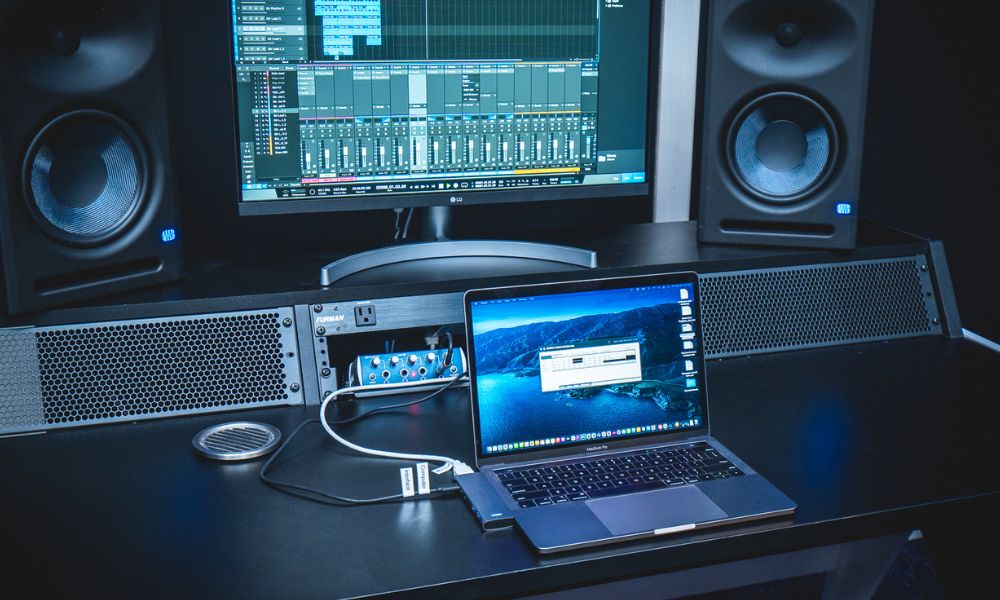Getting music through the pipeline, from creative ideas to finished products, takes some effort. Part of this process often involves individuals, such as producers and DJs, to edit and modify tracks.
If you’re considering pursuing a career in the music industry, you might consider becoming either a producer or a DJ. Understanding the difference between producers and DJs will help you identify which might be a better fit and give you an idea of the creative process behind each role.
Intended Audience
The intended audience is probably the most significant difference between producers and DJs. Producers are more involved in the creative process. DJs are more interested in music events. Producers spend most of their time in the studio mixing and resampling tracks until they’re just right, while DJs mostly give live performances.
In some cases, producers double as DJs, taking the sounds they’ve produced and using them to create live sets. However, producers create various types of music other than DJ sets. They can be involved in the creation of hip-hop, R&B, jazz, rock, and other music scene pieces.
Production Environment
Another difference between DJs and producers is their work environment. While producers often work with computers, DAWs, and other graphical interfaces to create unique sounds, DJs require a turntable, headphones, and other equipment for live performances.
Producers may want a nice pair of headphones but don’t necessarily require an entire sound system. DJs, however, need sound systems to practice their sets and prepare for big shows. Renting or building a modern DJ practice studio ensures they have the space to hold their gear while providing a nice acoustic effect.
Find Your Own Musical Sound
Not everyone has the same taste in music. Whether you pursue becoming a DJ or music producer, you’ll want to find a unique sound that speaks to your audience. Learning about the difference between producers and DJs will give you an idea of where you fall in the spectrum. Filling both roles is okay so long as you have the necessary knowledge and equipment.

